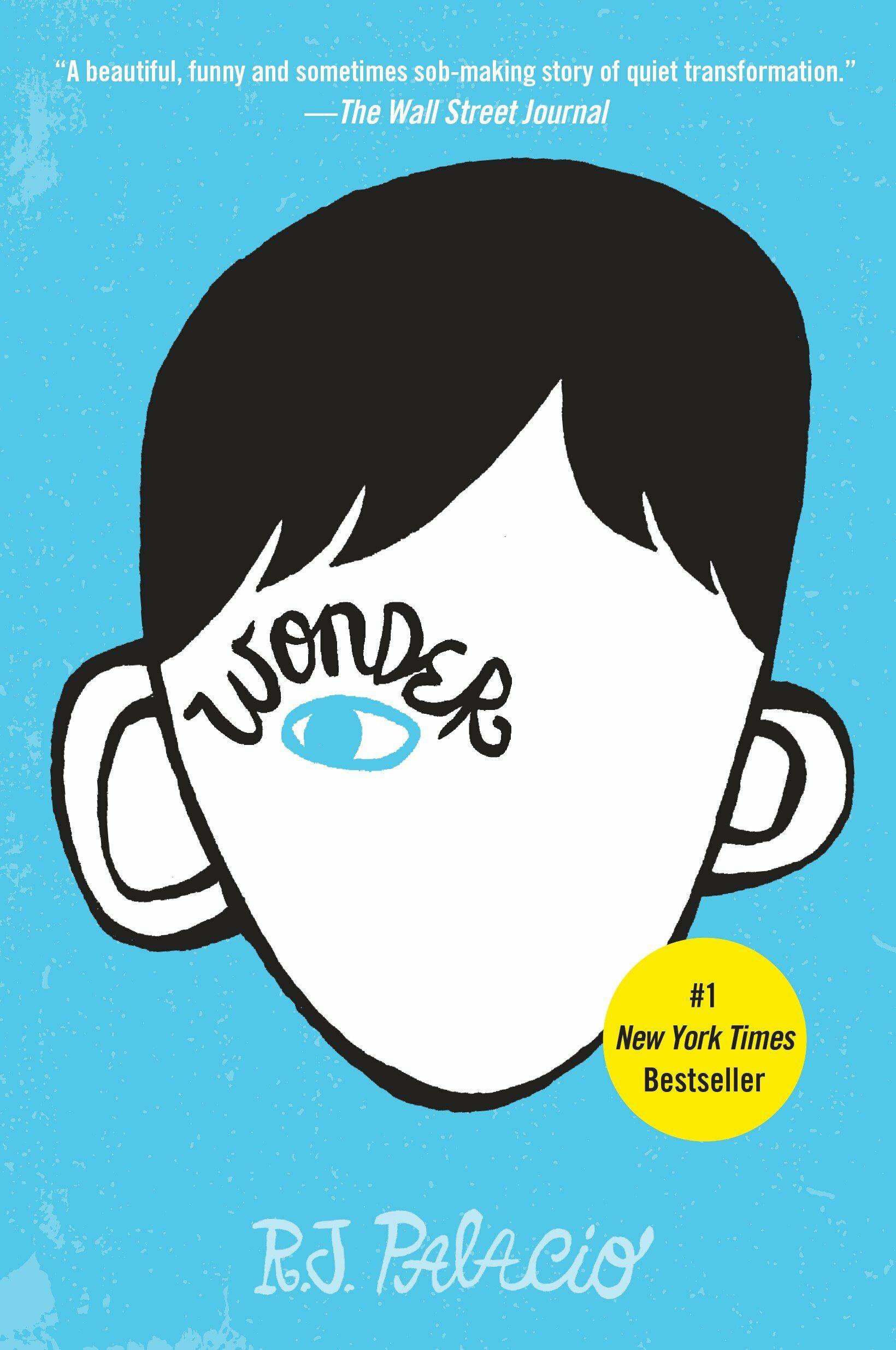책 이미지

책 정보
· 분류 : 외국도서 > 소설/시/희곡 > 문학 > 유럽일반
· ISBN : 9781551119816
· 쪽수 : 550쪽
· 출판일 : 2014-06-23
목차
Illustrations
A Thematic Guide to the Anthology
Acknowledgements
Introduction
A Chronology of Major Social, Political, Literary, and Cultural Events, 1742–1918
A Note on the Texts
Thomas Gray
- “Elegy Written in a Country Churchyard” (1751)
Charlotte Smith
- “Sonnet XII” (1784)
“Sonnet XLIV” (1784–97)
“Sonnet LXVII” (1784–97)
“Sonnet LXX” (1784–97)
Marquis de Sade
- “The Pimp Well Served” (c. 1787)
William Wordsworth
- “The Thorn” (1798)
Samuel Taylor Coleridge
- “The Rime of the Ancient Mariner” (1798; 1800 version)
“Christabel” (1816)
Sir Walter Scott
- “The Fire-King” (1801)
“Ancient Gaelic Melody” (1819)
George Gordon, Lord Byron
- “The Giaour: A Fragment of a Turkish Tale” (1813)
E.T.A. Hoffmann
- “The Sandman” (1816)
John Polidori
- “The Vampyre” (1819)
Percy Bysshe Shelley
- The Cenci (1819)
John Keats
- “La Belle Dame Sans Merci” (original 1819 version)
“Lamia” (1820)
“The Eve of St. Agnes” (1820)
Joanna Baillie
- “The Ghost of Fadon” (1821)
Samuel Warren
- “Grave Doings” (1831)
Anonymous
- “The Victim” (1831)
Charles Lever
- “Post-Mortem Recollections of a Medical Lecturer” (1836)
Edgar Allan Poe
- “Ligeia” (1838; 1840 version)
“The Pit and the Pendulum” (1842; 1845 version)
Alfred, Lord Tennyson
- “The Lady of Shalott” (1833; 1842 version)
Robert Browning
- “My Last Duchess” (1842)
“Porphyria’s Lover” (1842)
Nathaniel Hawthorne
- “The Birthmark” (1843)
Herman Melville
- “The Paradise of Bachelors and the Tartarus of Maids” (1855)
Christina Rossetti
- “Goblin Market” (1862)
Emily Dickinson
- “Of nearness to her sundered things” (1862, 337)
“I felt a funeral in my brain” (1862, 340)
“’Tis so appalling it exhilarates” (1862, 341)
“It was not death for I stood up” (1862, 355)
“I felt my life with both my hands” (1862, 357)
“After great pain a formal feeling comes” (1862, 372)
“One need not be a chamber to be haunted” (1862, 407, copy B)
“It knew no medicine” (1862, 567)
“I heard a fly buzz when I died” (1863, 591)
“Much madness is divinest sense” (1863, 620)
“I felt a cleaving in my mind” (1863, 867, copy B)
Charles Dickens
- “To Be Taken with a Grain of Salt” (1865)
S. Weir Mitchell
- “The Case of George Dedlow” (1866)
Charles Baudelaire
- “The Evil Monk” (1861)
“The Punishment of Pride” (1861)
“The Mask” (1861)
“More Than Night’s Vault, It’s You That I Adore” (1861)
“The Carcase” (1861)
“The Vampire” (1861)
“The Wine of the Rag Pickers” (1861)
“The Wine of the Murderer” (1861)
“The Metamorphoses of the Vampire” (1866)
Sheridan Le Fanu
- “Green Tea” (1872)
Ivan Turgenev
- “The Dream” (1876)
“The Dog” (1878)
“My Adversary” (1878)
“Necessitas—Vis—Libertas!” (1878)
Robert Louis Stevenson
- “Olalla” (1885)
Rudyard Kipling
- “Beyond the Pale” (1888)
Charlotte Perkins Gilman
- “The Yellow Wallpaper” (1892)
Kate Chopin
- “Désirée’s Baby” (1893)
“The Story of an Hour” (1894)
Arthur Machen
- “The Inmost Light” (1894)
H.G. Wells
- “The Stolen Bacillus” (1895)
“The Triumphs of a Taxidermist” (1895)
Izumi Kyōka
- “The Surgery Room” (1895)
Mary Elizabeth Braddon
- “Good Lady Ducayne” (1896)
Henry James
- “The Way It Came” (“The Friends of the Friends”) (1896)
Richard Marsh
- “The Adventure of Lady Wishaw’s Hand” (1898)
Charlotte Mew
- “The Fête” (1914)
“In Nunhead Cemetery” (1916)
“Madeleine in Church” (1916)
Appendix A: Political Context and the History of Ideas
- From Thomas Hobbes, Leviathan (1651)
- From John Locke, An Essay Concerning Human Understanding (1690)
- From David Hume, Essays Moral, Political, and Literary (1742–54)
- From Immanuel Kant, “An Answer to the Question: What Is Enlightenment?”(1784)
- From Edmund Burke, Reflections on the Revolution in France (1790)
- From Jeremy Bentham, Panopticon; Or, The Inspection-House (1791)
- From William Godwin, Enquiry Concerning Political Justice (1793)
- From Thomas Malthus, An Essay on the Principle of Population (1798)
- From Thomas Carlyle, The French Revolution (1837)
- From Karl Marx and Friedrich Engels, The Communist Manifesto (1848)
- From John Stuart Mill, On Liberty (1859)
Appendix B: Aesthetic Theory and the Gothic
- From Edmund Burke, A Philosophical Enquiry into the Origin of Our Ideas of the Sublime and Beautiful (1757)
- From Richard Hurd, Letters on Chivalry and Romance (1762)
- From Immanuel Kant, Critique of Judgment (1790)
- From A.W.N. Pugin, Contrasts (1836)
- From John Ruskin, The Stones of Venice (1851–53)
Appendix C: Science, Medicine, and the Gothic
- From Johann Caspar Lavater, Essays on Physiognomy (1789)
- From M.D.T. de Bienville, Nymphomania (1775)
- From Eliza Farnham, Rationale of Crime and Its Appropriate Treatment (1846)
- From Charles Darwin, The Origin of Species (1859)
- From Charles Darwin, The Expression of the Emotions in Man and Animals (1872)
- From Thomas Laycock, Mind and Brain (1860)
- From Sir Francis Galton, Inquiries into Human Faculty and Its Development (1883)
- From Henry M. Boies, Prisoners and Paupers (1893)
- From Cesare Lombroso and Gina Lombroso-Ferrero, Criminal Man (1911)
- From Cesare Lombroso and William Ferrero, The Female Offender (1895)
- From Max Nordau, Degeneration (1895)
Appendix D: Critical Theory and the Gothic
- From Sigmund Freud, “The Uncanny” (1919)
- From Michel Foucault, “Of Other Spaces: Heterotopias” (1967)
- From Michel Foucault, Discipline and Punish (1975)
- From Julia Kristeva, The Powers of Horror: An Essay on Abjection (1982)
Suggested Reading




























